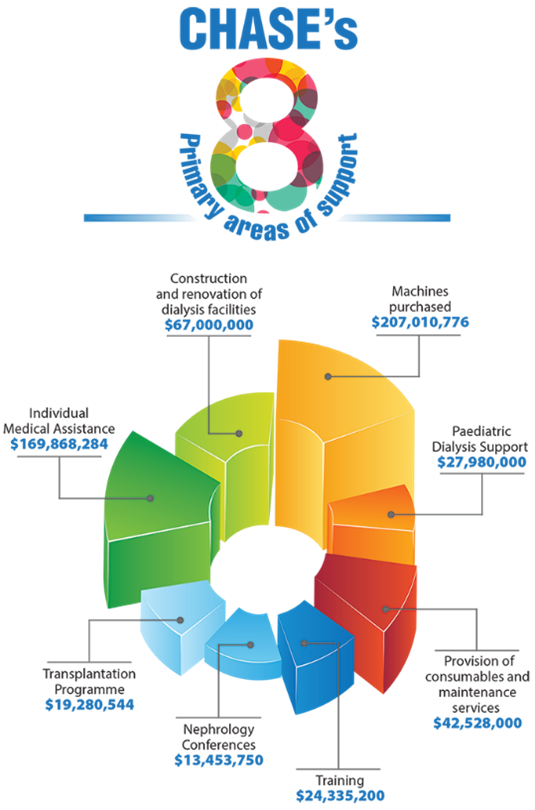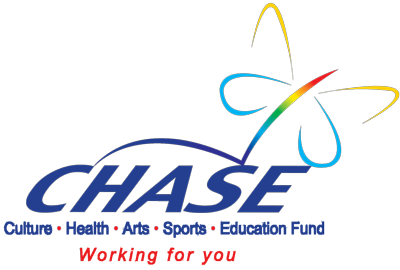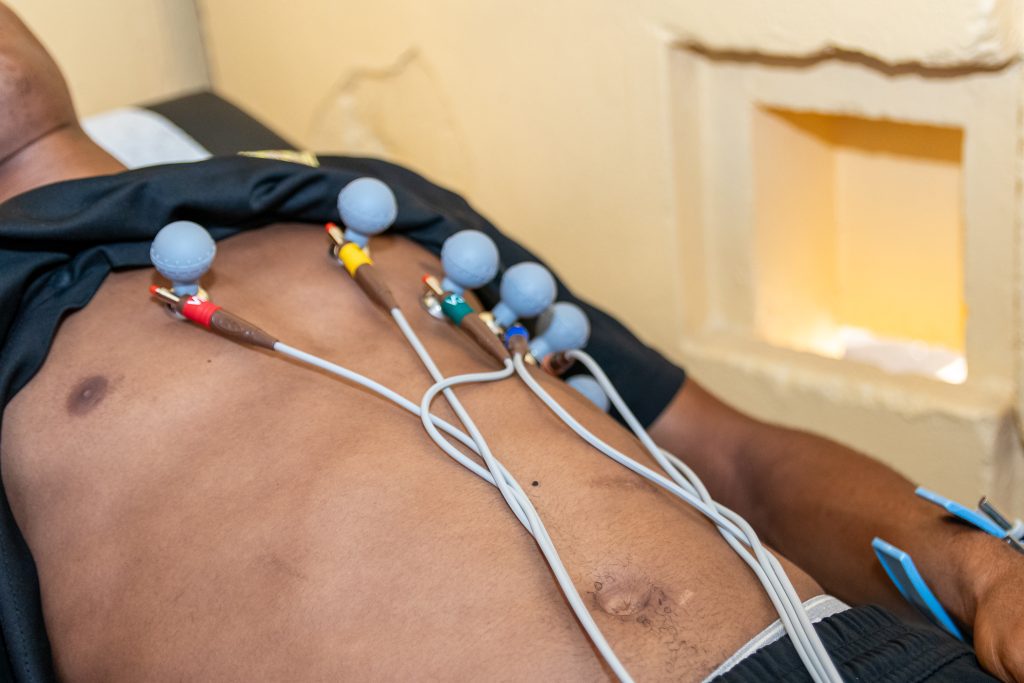Chronic kidney disease (CKD) is a progressive condition that affects 300,000 Jamaicans, yet remains largely under the radar for many. It is characterized by a gradual loss of kidney function over time, often going unnoticed until it reaches advanced stages. With kidneys playing a critical role in filtering waste and excess fluids from the blood, CKD can lead to serious health complications if not managed effectively.
With proper awareness, proactive management, and regular screening, it is possible to mitigate its impact and protect kidney health.
Recognizing the complexities surrounding this disease, the CHASE Fund adopted a comprehensive, multi-pronged approach, focusing on equipment provision, patient cost support, education and the promotion of healthy lifestyles.

CKD Risk Factors and Causes
- Diabetes
- Hypertension
- Cardiovascular disease
- Obesity
- Family history of kidney disease
Symptoms and Diagnosis
CKD often presents with few obvious symptoms in its early stages, which is why it is often referred to as a “silent” disease. As the condition progresses, individuals may experience fatigue, swelling in the legs and ankles, changes in urination, and persistent itchiness.
Health professionals use a variety of tests to diagnose CKD, including blood tests to measure creatinine levels and estimated glomerular filtration rate (eGFR), along with urinalysis to check for protein and other abnormalities.
Managing and Treating CKD
While there is no cure for CKD, early detection and intervention can slow its progression and improve quality of life. Management typically involves lifestyle changes such as a balanced diet low in sodium and protein, regular exercise, weight management, and quitting smoking. Medications may also be prescribed to control underlying conditions like diabetes and hypertension. It is crucial for individuals at risk to engage in regular check-ups, monitoring kidney health, and adhering to prescribed management plans.
Click here to watch our interview with Dr. Marius Badal, a Nephrologist with the Kingston public Hospital as he discusses CKD, ESRD and more.





